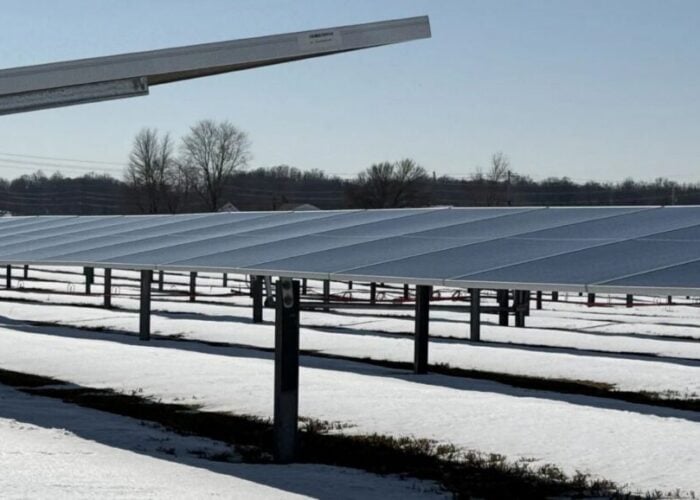A landmark case in the Indian state of Gujarat is wasting the solar sector’s resources and creating unnecessary uncertainty, according to the managing director of SunBorne Energy.
The company is one of five taken to the Gujarat Electricity Regulatory Commission (GERC) by Gujarat Urja Vikas Nigam Ltd. (GUVNL), a state-owned distributor that is looking to cut the rate it pays for electricity from 88 solar projects by 28%.
Try Premium for just $1
- Full premium access for the first month at only $1
- Converts to an annual rate after 30 days unless cancelled
- Cancel anytime during the trial period
Premium Benefits
- Expert industry analysis and interviews
- Digital access to PV Tech Power journal
- Exclusive event discounts
Or get the full Premium subscription right away
Or continue reading this article for free
The petition claims the solar developers are enjoying “windfall profits”. An initial hearing took place on Tuesday (23 July) where lawyers representing the companies involved called for the petition to be thrown out.
James Abraham, managing director of SunBorne Energy, told PV-Tech that the companies were making “good not great profits” and warned the petition would have serious consequences if it gained traction.
“Overall this entire case is a precedent setting one,” Abraham said. “The most important issue is whether this calls into question any contracts. If the regulators honour the petition and they start examining contracts, the risk is that anyone can then refute a signed agreement and go to the regulator based on this precedent. That is why, as I listened to what they said yesterday, the regulator was being very, very careful even to admit the petition. This is by no means closed out yet.”
Abraham said the majority of the parties were confident that the petition would not proceed.
“If you look at most of the investors, everyone is confident about how this is going to turn out. It’s an incredible waste of time and money and it creates uncertainty.
Should things go against SunBorne and its peers, the result could be severe. Gujarat is home to more than half of India’s solar power capacity.
“If they admit the petition and do a tariff reduction across the board, that is the worst case situation. That would allow any contract to be opened and on the regulators orders, be challenged. That would create the worst situation for the industry. It would call into question the sanctity of contracts. How do you then make investments based on that?”
GUVNL claims that the rate it has agreed to pay developers over a 25-year period is too high but Abraham raised question marks about its calculations.
“In the petition that the distribution company made it cited ten examples where developers were making windfall profits. That’s ten out of 88 so the sample size is small and of those ten, three were represented at the hearing and said the data was wrong.
“I think the starting point, the basis on which they are making these assertions, is itself called into question. Certainly if you look at the data across the board, none of the developments were at the capital costs that GUVNL had suggested,” claimed Abraham.
The alternative to an across the board tariff cut would be a case-by-case examination by the regulator of each of the 88 projects.
“If they do look at this on a project by project basis I’m not worried because every project, certainly ours, will be able to show there is no such thing as windfall gains. Everybody is making good but not great profits and developing renewable power in the process.”
The second half of the hearing will take place on 5 August with GUVNL given the chance to respond to the calls for dismissal raised by the developers.






